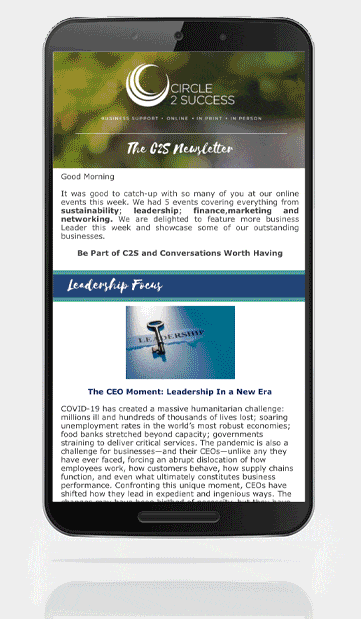Business owners are finding themselves between a rock and a hard place, with wage increase expectations against the need to retain skilled employees, proving a hard nut to crack, according to national audit, tax, advisory and risk firm Crowe.
Chris Mould, Audit Partner in Crowe’s Cheltenham office, said communicating with employees was essential if businesses were to balance skills shortage in key areas, with inflation-driven wage demands.
“At one level, we have the Living Wage set to increase by 9.7% on 1 April, which in addition to December is when many pay settlements are agreed.
“But at the manager and executive level, many business owners will consider this kind of settlement totally unrealistic at a time when the company’s profitability, and in some cases survival, is in question.
“We are already seeing signs that inflation is starting to fall back and it remains to be seen what impact the Chancellor’s Budget will have on the economy as a whole.”
He said the signs were also clear that the worst of price increases in industry could be over. Fuel, energy and many material costs have continued to fall back in recent months.
“The marketplace is telling us that businesses won’t accept price increases in 2023, like they did in 2022.
“In 2022, the conflict in Ukraine and soaring energy costs, coupled with ongoing disruption to the supply chain, as the effects of COVID-19 worked themselves out of the system, meant that business customers could see where the pain was coming from and reluctantly accepted price increases.”
The answer on pay, he said, lies in how the rewards package for key employees is structured.
“The headline figure is always your salary, but that’s not the whole story and this needs to be communicated to employees so they can see the advantages to them and the benefits to a company that is being squeezed on all sides.”
He said the key was in understanding the individual needs and aspirations of employees.
“Bonuses can be paid on performance and results – this does not commit you to a fixed salary percentage increase. There are other elements such as enhanced pension schemes, enhanced annual leave entitlement, health and wellbeing programmes, flexible and hybrid working, and reward programmes such as employee of the month.
“Depending on someone’s role, it might be time to consider company cars and participation in a company share scheme.
“There is no ‘one size fits all’ solution and at Crowe, we have specialists who can help business owners tailor specially crafted pay and rewards packages for individuals, at the same time being mindful of the impact on both the company and the employee’s tax bill.”
He said that many companies were experiencing skills shortages, but at the same time would be reluctant to take on competitors in an upwards-only salary cycle.
“Understanding what your key people need is crucial and then communicating how you are going to reward skills and performance is of the utmost importance.”
For an informal discussion on how Crowe can help you reward your people, contact Chris Mould on chris.mould@crowe.co.uk or call 01242 234421.






